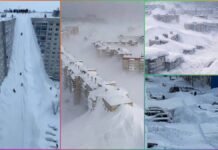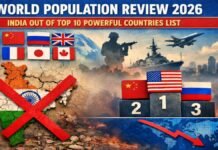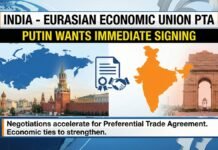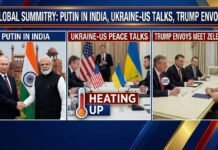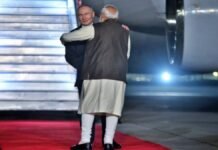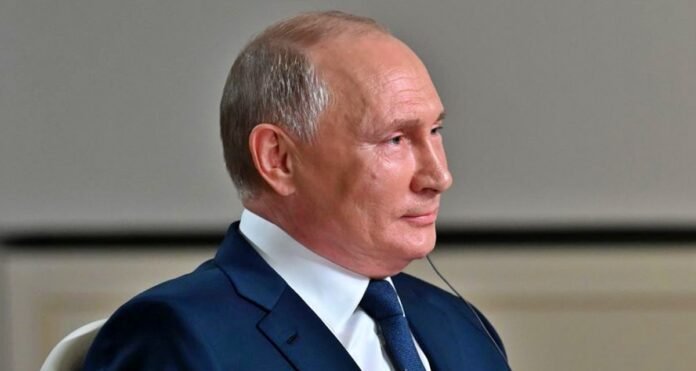
Brussels: Luxembourg Foreign Minister Jean Esselborn said on Friday that the European Union is “very close to an agreement” to freeze the assets of Russian President Vladimir Putin and Foreign Minister Sergei Lavrov over Russia’s invasion of Ukraine. Jean Esselborn was speaking ahead of a meeting of European Union foreign ministers of 27 countries to discuss Russian sanctions.
“I think we’re very close to an agreement, we’ll have a deal here,” Esselborn said. “There will be a discussion, but I think we agree that as far as the moratorium on Putin and Lavrov’s assets is concerned, we will come to a consensus here,” he said.
Esselborn said Russia would be affected by measures related to banks. He said further sanctions are possible, including the exclusion of Russia from the Society for Worldwide Interbank Financial Telecommunication (SWIFT) regime, the leading system for global financial transactions. “Discussions about SWIFT will continue,” he said.
EU leaders largely agreed that it was too early to impose travel restrictions on Putin and Lavrov because the channels of negotiations needed to be kept open. Most countries on Friday imposed financial and other sanctions on Moscow as the world made it clear that military intervention in Ukraine is not acceptable. All this was done to force President Vladimir Putin to stop the invasion of Ukraine.
The punitive sanctions had no effect on Russia and started ‘tit-for-tat’ measures. Russia bans UK flights into Russia. Earlier, Britain had banned Russian airline company Aeroflot’s flights to Britain. Yet with Russia’s eyes fully focused on expanding attacks on Ukraine, the crackdown is still almost one-sided.

European Union leaders discussed ways to put pressure on Putin in addition to the sanctions already approved by him until early Friday. “We are targeting the regime at all levels,” Netherlands Prime Minister Mark Root said early Friday. The 27-nation bloc and other Western powers like the US and UK have agreed to impose sanctions on everything from the banking sector to oil refineries and the defense sector. EU foreign ministers will move the approval process later in the day.
As Russia seeks to encircle Ukraine and its capital Kyiv, Western powers are implementing measures aimed at “targeting Russia’s economy”, in the words of Foreign Minister Jean-Yves Le Drian. The NATO alliance is holding a digital summit of leaders including US President Joe Biden on Friday in an attempt to bolster its eastern flank.
Meanwhile, Pope Francis visited the Russian embassy in Rome on Friday and personally expressed his concerns about the war in Ukraine. The Pope’s stand has been seen as an extraordinary move. Usually, ambassadors and heads of state visit the Pope in the Vatican and under the diplomatic protocol, the foreign minister of the Vatican takes the ambassador to the Pope.
Francis’ visit to the Russian embassy as head of the Vatican reflects his indignation at Moscow’s attack on Ukraine and his personal appeal to end the war. Vatican officials said they had no prior knowledge of the Pope’s move.
Japan’s Prime Minister Fumio Kishida said on Friday that the new measures include slashing the assets of Russian groups, banks, and individuals and stopping the export of semiconductors and other essential goods to military-affiliated organizations in Russia. New Zealand’s Prime Minister Jacinda Ardern said that “Russia’s decision could result in the loss of an unimaginable number of innocent lives.”
He announced travel restrictions against Russian officials. Taiwan announced on Friday that it would join the economic sanctions, although it did not specify what they would be.





































